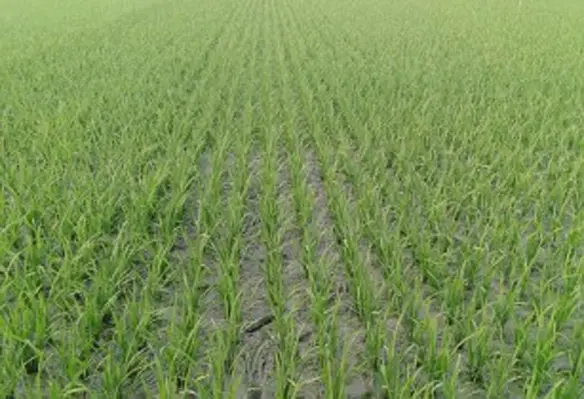Bangladesh has launched the world’s first country investment plan to tackle challenges to environment, forestry and climate change
The plan will see US$7bn targeted to tackle the national effects of climate change and improve the health of the country’s environment and forests over the next five years, the country’s Ministry of Environment and Forests (MoEF) has reported.
The Ministry made the announcement during the launch of the Bangladesh Environment, Forestry and Climate Change (EFCC) Country Investment Plan (CIP), the world’s first national investment plan that singles out environment, forestry and climate change for targeted and coordinated investment.
The five year CIP (2016 – 2021), which took two years to develop, with technical support from the Food and Agriculture Organisation of the United Nations (FAO), and financial assistance of USAID, responds to a growing need for an investment framework that allows for resources to be more targeted for environmental improvements, better coordination among agencies, and regular monitoring of the impacts of these investments.
The plan has identified 170 projects directly related to the environment, forestry and climate change in 2016-17. While those projects are worth some US$5bn, an additional US$7bn are needed by 2021 to meet development targets such as those set in the Government’s Seventh Five Year Plan.
Areas such as environmental governance, pollution control, and the management of natural resources were found to be particularly underfinanced. These additional investments are needed to ensure that the country’s economic development, which has progressed at a rate of over six per cent per year, will continue and to ensure the health and well-being of the general public while safeguarding the environment.
The CIP was prepared by the Ministry of Environment and Forests through the project ‘Strengthening the Environment, Forestry and Climate Change Capacities of the Ministry of Environment and Forests and its Agencies (MoEF Support Project)’ implemented through technical support of FAO and funded by USAID. It was approved by Bangladesh’s National Environment Committee (NEC) in August 2017.




